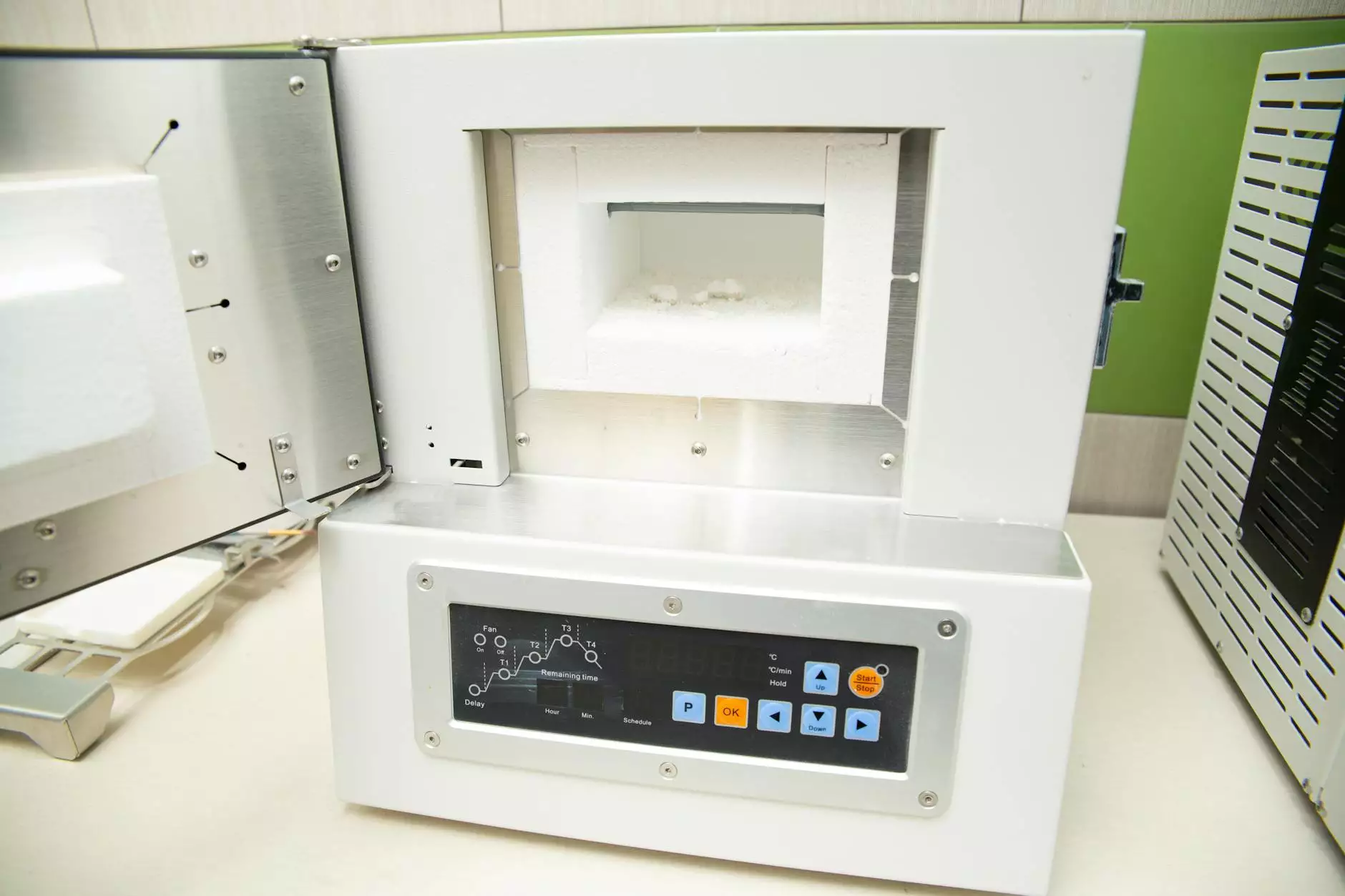Medical Device Research: Advancing Innovations in Health & Medical

Welcome to LifeScienceMarketResearch.com, your ultimate guide to the latest advancements in medical device research and its impact on the healthcare industry. In this article, we will delve into the exciting world of medical device research, highlighting its vital role in revolutionizing patient care and improving overall health outcomes.
The Importance of Medical Device Research
Medical device research plays a crucial role in driving innovations that bring about positive changes in the medical field. With the rapid advancement of technology, healthcare professionals and researchers are continually exploring new ways to diagnose, treat, and manage various medical conditions. Medical devices, ranging from simple tools to complex machinery, are at the forefront of these advancements.
Enhancing Diagnosis and Treatment
One of the primary objectives of medical device research is to develop innovative tools that enable accurate and efficient diagnosis of medical conditions. Cutting-edge medical technology allows healthcare providers to identify diseases at earlier stages, leading to timely interventions and improved patient outcomes.
Furthermore, medical devices aid in the development of personalized treatment plans. Through extensive research, medical professionals can identify the most effective treatment options for individual patients. This tailored approach minimizes risks, enhances therapeutic efficacy, and reduces healthcare costs.
Improving Patient Care and Outcomes
From simple monitoring devices to advanced surgical equipment, medical devices have the potential to significantly improve patient care and outcomes. Research-driven innovations in medical device technology have led to better management of chronic conditions, reduced hospital stays, and enhanced quality of life for patients.
For example, the development of wearable devices has revolutionized healthcare by enabling continuous monitoring of vitals and early detection of irregularities. These devices provide healthcare providers with valuable data, allowing for proactive care and timely interventions.
Applications of Medical Device Research
Medical device research spans across various areas of healthcare, each with its unique set of challenges and opportunities for improvement. Let's explore some of the key applications where medical device research has made a significant impact.
Diagnostic Imaging
Diagnostic imaging plays a vital role in the early detection and accurate diagnosis of diseases. Medical device research has led to the development of advanced imaging technologies such as magnetic resonance imaging (MRI), computed tomography (CT), and ultrasound. These technologies enable detailed visualization of internal body structures, aiding in the identification and monitoring of various medical conditions.
Surgical Interventions
Advancements in medical device research have transformed the field of surgery, making procedures safer and more precise. Minimally invasive surgical techniques, such as laparoscopy and robot-assisted surgery, have become increasingly common, offering reduced risks, faster recovery times, and improved surgical outcomes.
Medical devices used during surgical interventions, such as surgical robots and high-tech instruments, allow surgeons to perform complex procedures with increased control and precision. These innovations enable enhanced surgical accuracy, resulting in reduced complications and faster patient recovery.
Therapeutic Devices
Therapeutic devices are instrumental in the management of chronic conditions. Medical device research has paved the way for innovative solutions like insulin pumps, pacemakers, and implantable drug delivery systems. These devices offer personalized and targeted treatments, improving the quality of life for patients.
Assistive Technologies
Research in medical devices has also contributed to the development of assistive technologies that empower individuals with disabilities. Wheelchairs with enhanced mobility features, smart prosthetics, and visual aids are just a few examples of how medical device research has improved the lives of those facing physical challenges.
The Future of Medical Device Research
As technology continues to advance at an exponential rate, the future of medical device research holds immense promise. Researchers are exploring innovative areas such as nanotechnology, artificial intelligence, and bioengineering to develop cutting-edge medical devices with unparalleled precision and efficacy.
The integration of wireless connectivity, data analytics, and machine learning algorithms will transform the way medical devices interact with patients, healthcare providers, and healthcare systems. This interconnected approach will enable real-time monitoring, personalized treatments, and streamlined healthcare delivery.
Collaboration for Breakthrough Innovations
To ensure continuous progress in medical device research, collaboration between researchers, manufacturers, healthcare professionals, and regulatory bodies is essential. By fostering partnerships and knowledge exchange, the industry can harness collective expertise to address challenges, accelerate innovation, and ensure the safety and effectiveness of medical devices.
Conclusion
Medical device research is a driving force behind the remarkable advancements in health and medical technologies. From enhancing diagnosis and treatment to improving patient care and outcomes, the impact of medical devices is undeniable. Through ongoing research and innovation, we can look forward to a future where medical devices continue to revolutionize healthcare and improve lives.
Visit LifeScienceMarketResearch.com to stay up-to-date with the latest developments in medical device research and explore the ever-evolving landscape of health and medical technologies.









